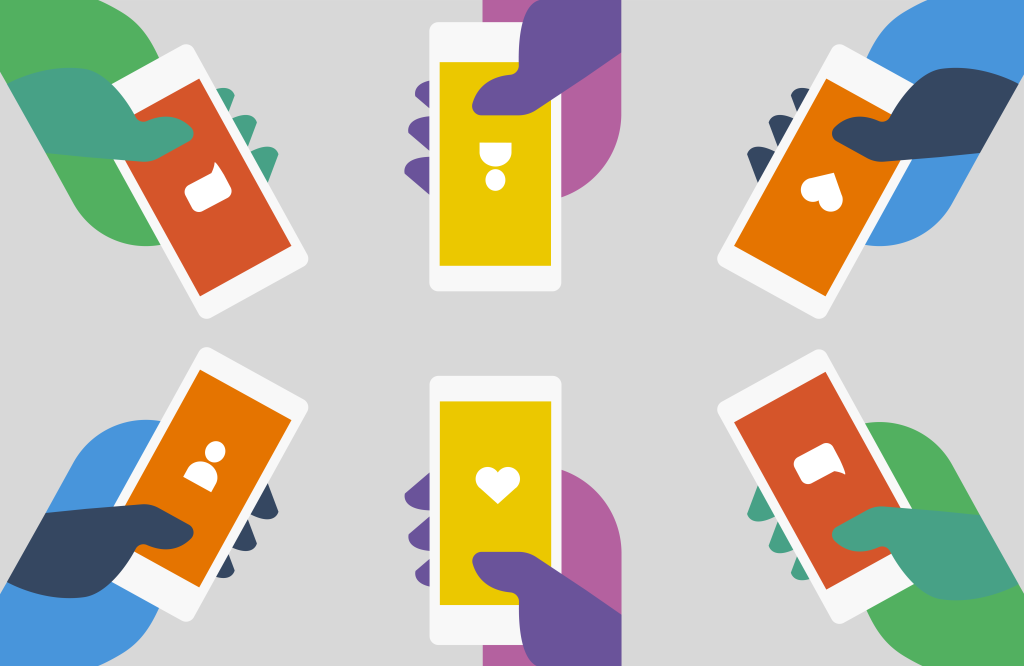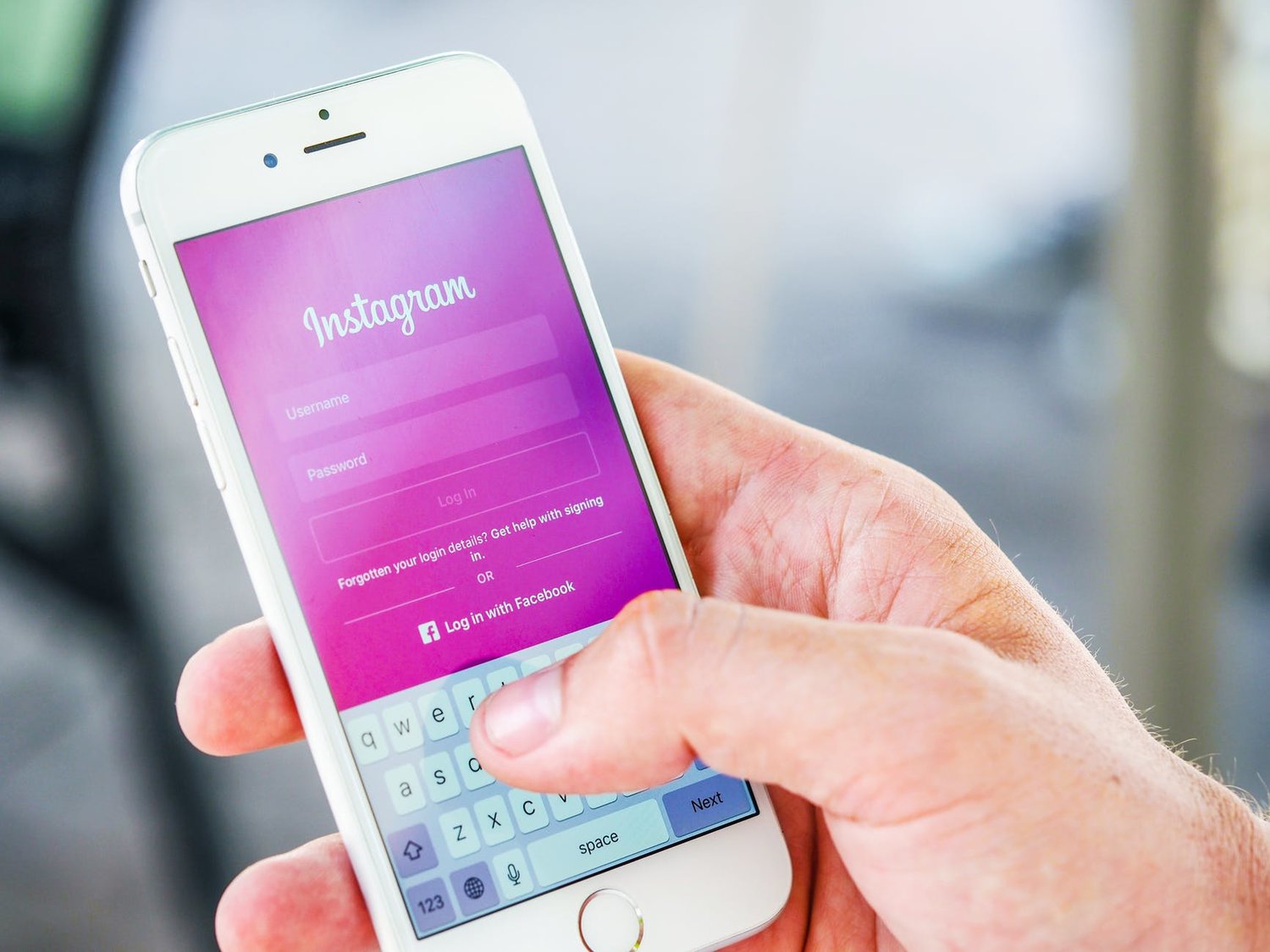The ever-changing digital landscape we live in is constantly changing the way we do business. No longer are people merely turning to their peers for recommendations, they’re looking to see what their favorite YouTuber or Insta Blogger has to say about products. This is particularly true for younger generations like Millennials and Generation Z. Thanks to social media platforms like YouTube and Instagram, regular people are now able to build their own brands by generating engaging content from the comfort of their own homes, making them that much more relatable.

Unlike celebrities, influencers tend to be more engaging with their followers–they answer your questions, like your comments and share personal stories–in short, they come across more genuine. A 2016 study by Google shows that 70 percent of teenage YouTube audiences are influenced more by YouTubers than traditional celebrities. Influencers have become popular by showing their expertise in a particular niche, e.g., fashion, travel, makeup, etc., and thus become trusted on those specific topics. Celebrities, however, are paid to give recommendations because they have a large following due to their acting, modeling, singing, etc., making them seem less authentic when endorsing a product. Actress Blake Lively is known for her signature golden locks and has been a spokesperson for L’Oreal Paris for a couple of years now. But let’s be honest, do we really believe Blake Lively colors her hair out of a box? Probably not. However, could we believe our favorite beauty blogger does? Sure. Furthermore, 49 percent of consumers depend on influencer recommendations when making purchasing decisions.
Now, not all influencers were created equal, and it takes some time to find the right one to work with. You’ll want to make sure your target audience falls within their following, as well as ensure that their content is aligned with their messaging. Someone might have 100,000 followers, but if it’s 100,000 people who don’t care about what your selling, you’re just wasting everyone’s time and money. Not to mention if you demonstrate that you’ve done research on the influencer you’re reaching out to by explaining the synergies between their messaging and your product, they will be much more inclined to actually respond.

It is also essential to be on the lookout for influencer marketing fraud, or people who appear to have a large following but in reality, have paid for most of their followers or are using artificial followers to make themselves seem more valuable. That said, once you find the right people, influencer marketing is a surefire way to increase conversion rates as well as be cost effective. On average, brands see an ROI of $6.85 for every dollar invested in influencer marketing.
Influencer marketing is especially unique because it is a mutually beneficial relationship. Influencers want to find brands and products to promote to their audience, and companies need people to promote them. Whether you’re an influencer yourself or are someone trying to find an influencer, understanding this new branch of marketing is key to success. And for those of you out there working to become an influencer and build up your following, check out iFluenz, an agency which specializes in all things influencer marketing.




